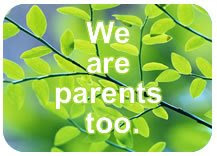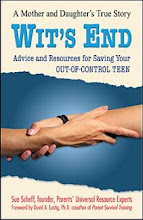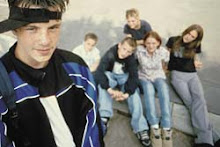
Source: TeensHealth
Your 10-year-old daughter comes home crying because the girls she's been friends with are suddenly leaving her out and spreading rumors about her. She's confused because it seemed to happen out of the blue. She doesn't know what she did wrong and is nervous about returning to school, unsure if she has any friends.
Given how prevalent cliques are throughout middle and high school, at some point your child is likely to face the prospect of being in one or being excluded from them. There's little you can do to shield kids from cliques, but plenty you can do to help them maintain confidence and self-respect while negotiating cliques and understanding what true friendship is all about.
What's a Clique?
Friendship is an important part of kids' development. Having friends helps them be independent beyond the family and prepares them for the mutual, trusting relationships we hope they'll establish as adults.
Groups of friends are different from cliques in some important ways. Friendships grow out of shared interests, sports, activities, classes, neighborhoods, or even family connections. In groups of friends, members are free to socialize and hang out with others outside the group without worrying about being cast out. They may not do everything together — and that's OK.
Cliques sometimes form around common interests, but the social dynamics are very different. Cliques are usually tightly controlled by leaders who decide who is "in" and who is "out." The kids in the clique do most things together. Someone who has a friend outside the clique may face rejection or ridicule.
Members of the clique usually follow the leader's rules, whether it's wearing particular clothes or doing certain activities. Cliques usually involve lots of rules — implied and clearly stated — and intense pressure to follow them. Kids in cliques often worry about whether they'll continue to be popular or whether they'll be dropped for doing or saying the wrong thing or for not dressing in a certain way. This can create a lot of pressure, particularly for girls, who might be driven to extreme dieting and eating disorders or even to ask for plastic surgery. Others may be pressured to take risks like steal, pull pranks, or bully other kids in order to stay in the clique.
Read more: http://teenshealth.org/parent/emotions/behavior/cliques.html











